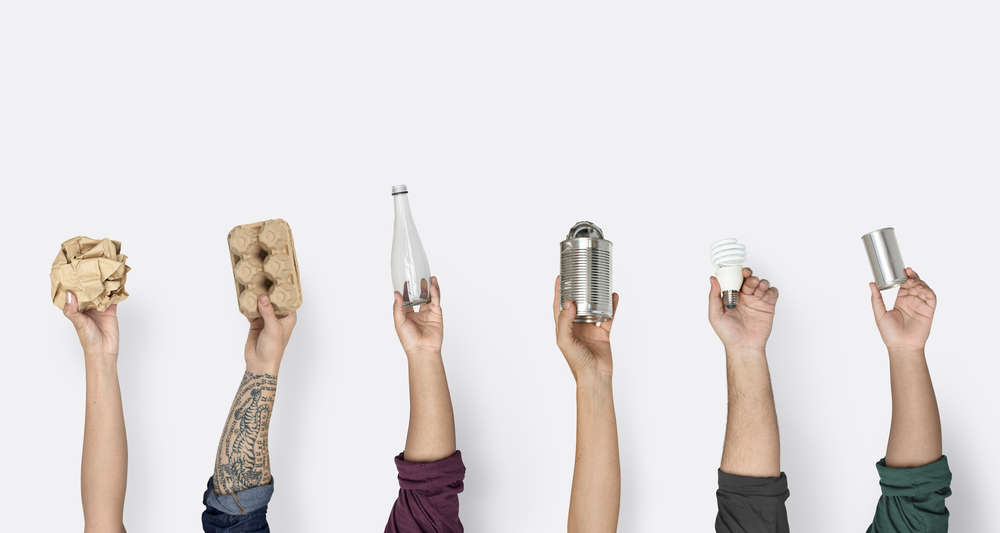
Despite our good intentions, Irish households are stumbling in some surprisingly simple areas of recycling—and it’s time we all took a closer look at what’s really going into our recycling bins.
As Ireland faces the ticking clock of EU recycling targets, new findings from Repak’s first-ever annual national Recycling Knowledge Audit have unearthed a startling truth: we think we’re recycling pros, but the reality is quite different.
88% of the Recycling Knowledge Audit respondents believe they are doing a great job with their recycling; the reality is far different. Only 53% can accurately identify what can actually be recycled. Repak's Clean, Dry and Loose Campaign is calling on everyone—from households to businesses—to step up and sort out their recycling habits.
Unveiling the Knowledge Gap: Ireland’s Overconfidence in Recycling
The audit, which surveyed over 2,000 people—twice the size of a typical national survey—tested respondents on their knowledge of recycling rules and ability to segregate waste correctly. Although nearly 30% of participants rated themselves a perfect 10 out of 10 for recycling knowledge, the average national score was just 64%, equivalent to a C2 in the old grading school system or a current H4.
"We’ve Got the Will, but Not the Way": The Misconceptions Holding Ireland Back
Repak’s findings highlight critical misconceptions and gaps that are holding Ireland back from achieving its recycling targets. For example:
- Bleach Bottles: Only 29% knew the correct way to dispose of them—ensuring the bottle is empty, with the lid on, and placed in the recycling bin.
- Cereal Boxes: 41% disposed of these incorrectly; the right method is to separate the plastic cereal bag, flatten the box, and recycle both.
- Deodorant Cans: Just 43% correctly identified them as recyclable items.
These errors are not just harmless mistakes; they contribute to contamination rates that make recycling efforts ineffective.
Zoe Kavanagh Repak CEO says "Our Recycling Knowledge Audit has revealed a significant gap between perceived recycling knowledge and the reality of recycling practices across Ireland. While many believe they’re doing the right thing, a national average score of 64% shows that we are not where we need to be—recycling is a 100% game. Education is crucial to ensure the public understands what can and cannot be recycled, but this is only one part of the solution.
The answer doesn't rest solely with households; however, our commercial infrastructure, particularly the three-bin system, also needs greater adoption. We must enhance recycling capacity and improve infrastructure across the board. These efforts are all interconnected, and consumer education plays a pivotal role. Addressing these broader issues is essential if we are to meet our targets and become the most sorted country in the EU."
It’s Time for the Three-Bin Revolution
The audit also highlighted the lack of proper waste segregation systems beyond the household. While many homes have embraced the three-bin system for recycling, organic waste, and general waste, the same cannot be said for workplaces. 40% of respondents said their workplace lacks a three-bin system or that they are unsure whether one is in place. With commercial recycling down by 12,892 tonnes in 2023, Repak calls for stricter enforcement and a nationwide commitment to proper waste segregation infrastructure.
While better public education is critical, Repak stresses that responsibility does not lie solely with consumers. The audit findings have prompted a renewed call for improved commercial recycling infrastructure and enhanced recycling capacity. "We need a comprehensive approach that addresses both consumer habits and systemic infrastructure issues," Repak’s spokesperson continued. "Education without action is like recycling without proper bins—it’s just not going to work."
What Repak is Doing to Drive Change
Additionally, the introduction of eco fee modulation in Ireland—a pioneering move in the EU—demonstrates Repak's commitment to incentivizing more sustainable packaging.
Repak is also advocating for broader policy changes to hold all stakeholders accountable for their recycling responsibilities. "We can’t just rely on good intentions," says Repak. "We need firm commitments and actions from all sectors—household, commercial, and governmental—to truly tackle the recycling challenge."
Join Us: Clean, Dry, and Loose—Make it a Habit!
The message is clear: recycling right starts with understanding the basics—clean, dry, and loose. Repak encourages everyone to take part in the movement to make Ireland the "Most Sorted" country in the EU.
Visit repak.ie for more tips, tools, and resources on how to improve your recycling game and help Ireland meet its EU targets by 2025.
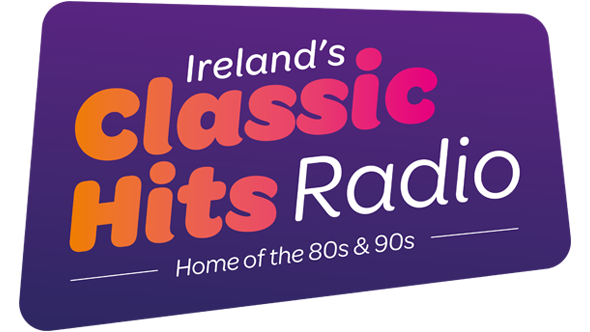
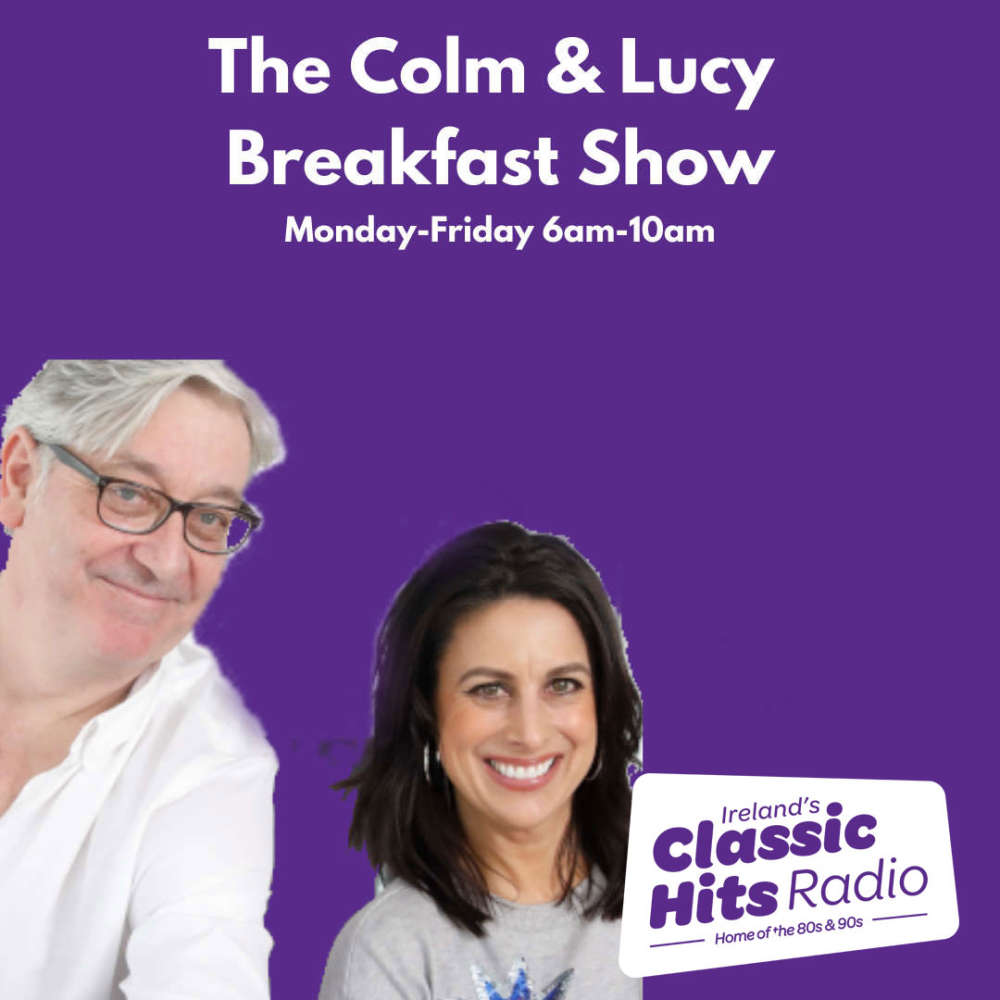
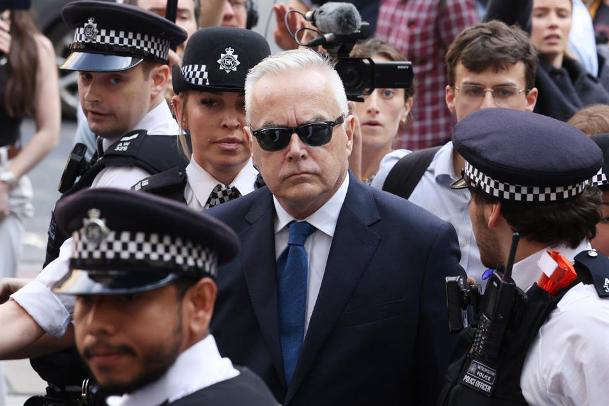 Huw Edwards Handed Suspended Sentence For Accessing Indecent Child Images
Huw Edwards Handed Suspended Sentence For Accessing Indecent Child Images
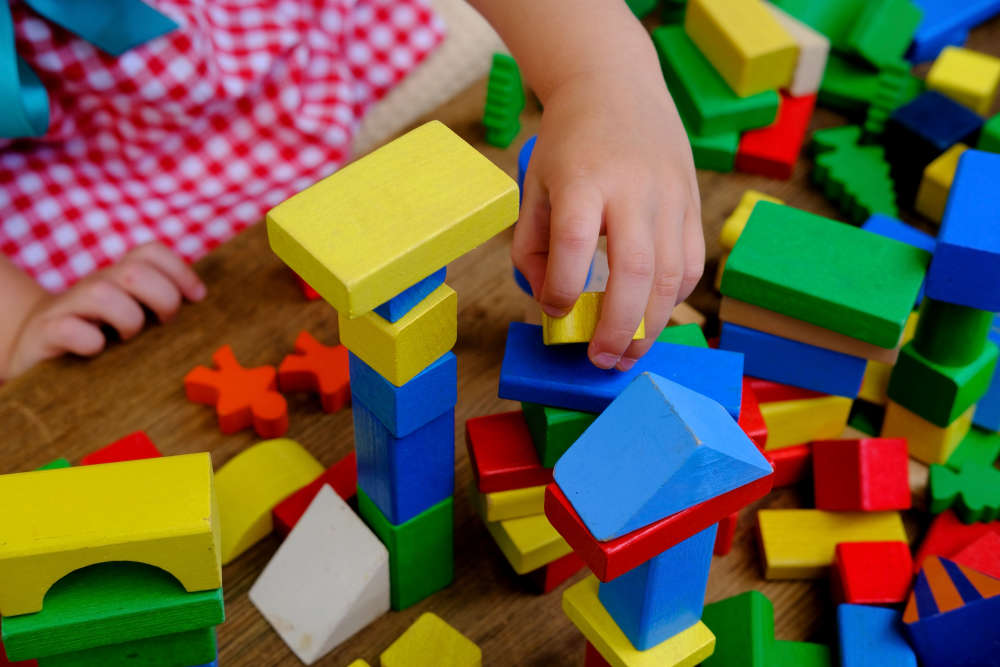 Gardai and Tusla Investigate Severe Abuse Allegations at Dublin Creche
Gardai and Tusla Investigate Severe Abuse Allegations at Dublin Creche
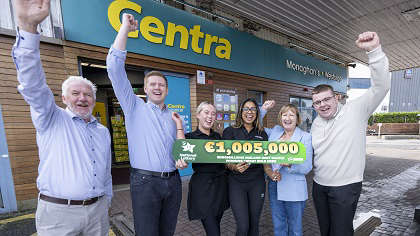 Prize Yet To Be Claimed As Galway Shop Sells EuroMillions Winner
Prize Yet To Be Claimed As Galway Shop Sells EuroMillions Winner
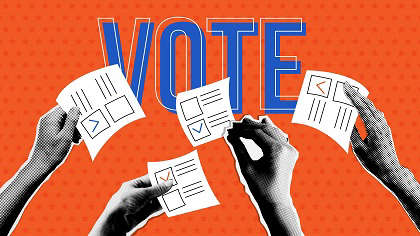 Global International Day Of Democracy Calls For People To Register To Vote
Global International Day Of Democracy Calls For People To Register To Vote
 Government's Housing For All Strategy Has Failed Says Labour
Government's Housing For All Strategy Has Failed Says Labour